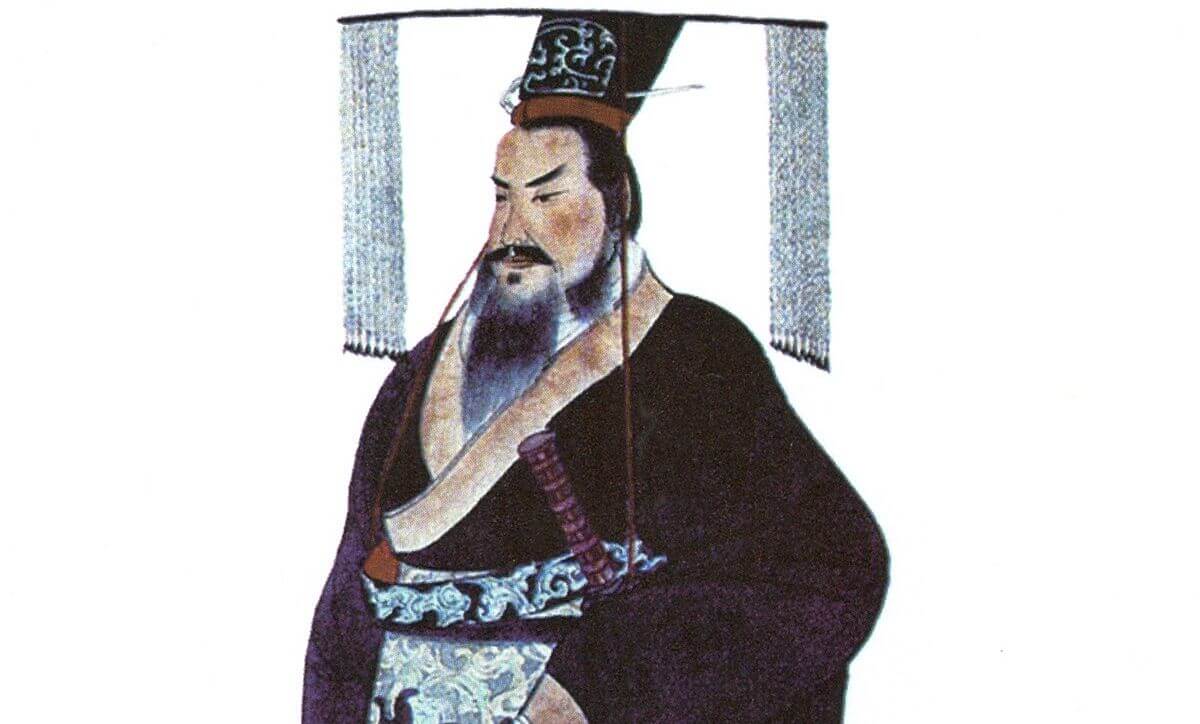
No surprise the fact that people in positions of authority are constantly looking for a way to extend his life. It seems that it always has been, even thousands of years ago. Take the first Emperor of a centralized Chinese state of Qin Shi Huangdi, founded the Qin dynasty and ruled until 210 BC. Archaeologists recently discovered ancient documents shed light on the fact that the Emperor tried to find the mystic elixir, the giver of everlasting life to man.
Qin Shi Huang (real name Ying Zheng) was born in the year 258 BC, and by happy coincidence, already at the age of 13 has received a throne tsinskogo van. Upon reaching adulthood, Ying Zheng has concentrated in his hands all the power available to him. During his reign he conquered all the six warring States of China, combining them, thereby creating a single nation, the Emperor of which he eventually became. This has allowed Ying Zheng to enter into history as one of the most ambitious and famous rulers.

At that time, record important events, as well as Imperial decrees were carried out on strips made of wood or bamboo. In 2002, in Central China’s Hunan province was discovered a disused well at the bottom of which archaeologists have found more than 36 000 of these historic documents. Scientists from the Institute of archaeology of Hunan province analyzed 48 documents related to the medicine and was surprised to find among them the decree of the Emperor Qin Shi Huang about finding the elixir of immortality throughout Imperial China, including the most remote frontier settlements.
“At that time the spread of the decrees of the Emperor was not easy, because it required a lot of effort and human resources. Do not forget that in ancient times, transport and information infrastructure was not developed,” says study author Zhang Xinhua.

Among the documents were the response message to the Imperial Palace from different settlements. For example, one of them reported that in the town called Dosing elixir of immortality is still not found, and the inhabitants of the other cities located in the territory of the modern Shandong province, offered to the ruler to enjoy herbs from the local mountains, which, according to city doctors, had amazing healing properties. Whatever it was, the Emperor never managed to find the mythical cure to extend his life.
In fact, the obsession of the first Chinese Emperor immortality were known to archaeologists before the discovery of these documents. According to other ancient documents, Qin Shi Huang ate cinnabar (mercury sulfide), hoping that a little would extend his life. Ironic that at that time nobody knew that mercury is poisonous. And it is no wonder that the legendary Emperor as a result of such experiments with their health lived only 39 years. In his tomb, as you probably know, was established more than 8000 terracotta statues personifying his personal army. The vault of the tomb were covered with pearls, imitating the starry sky, and the floor flowed a river of mercury, because Qin Shi to the last breath believed in its magical properties.
Archaeologists have discovered that the first Chinese Emperor tried to find the elixir of immortality
Sergey Grey